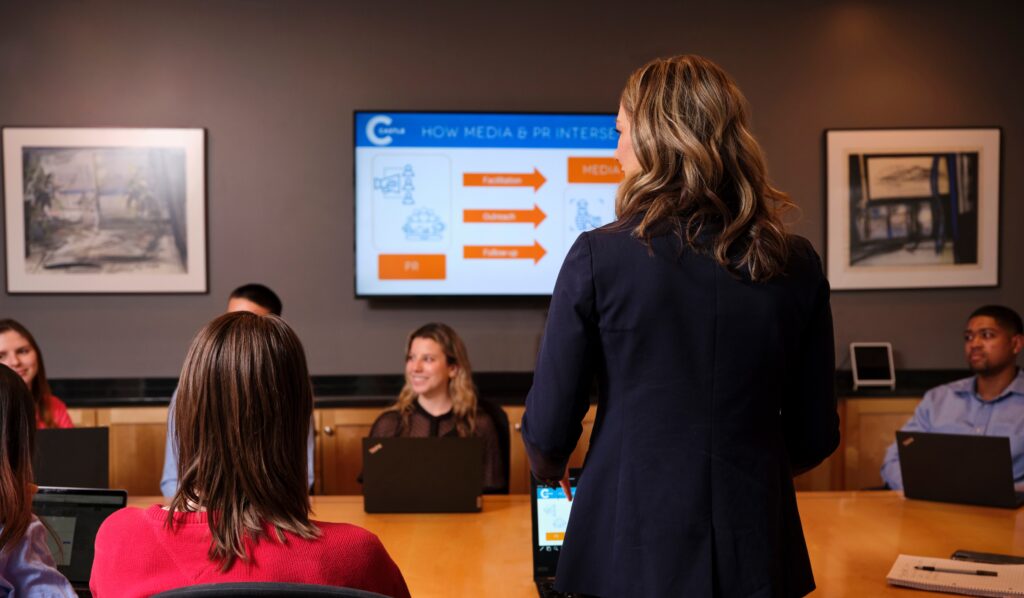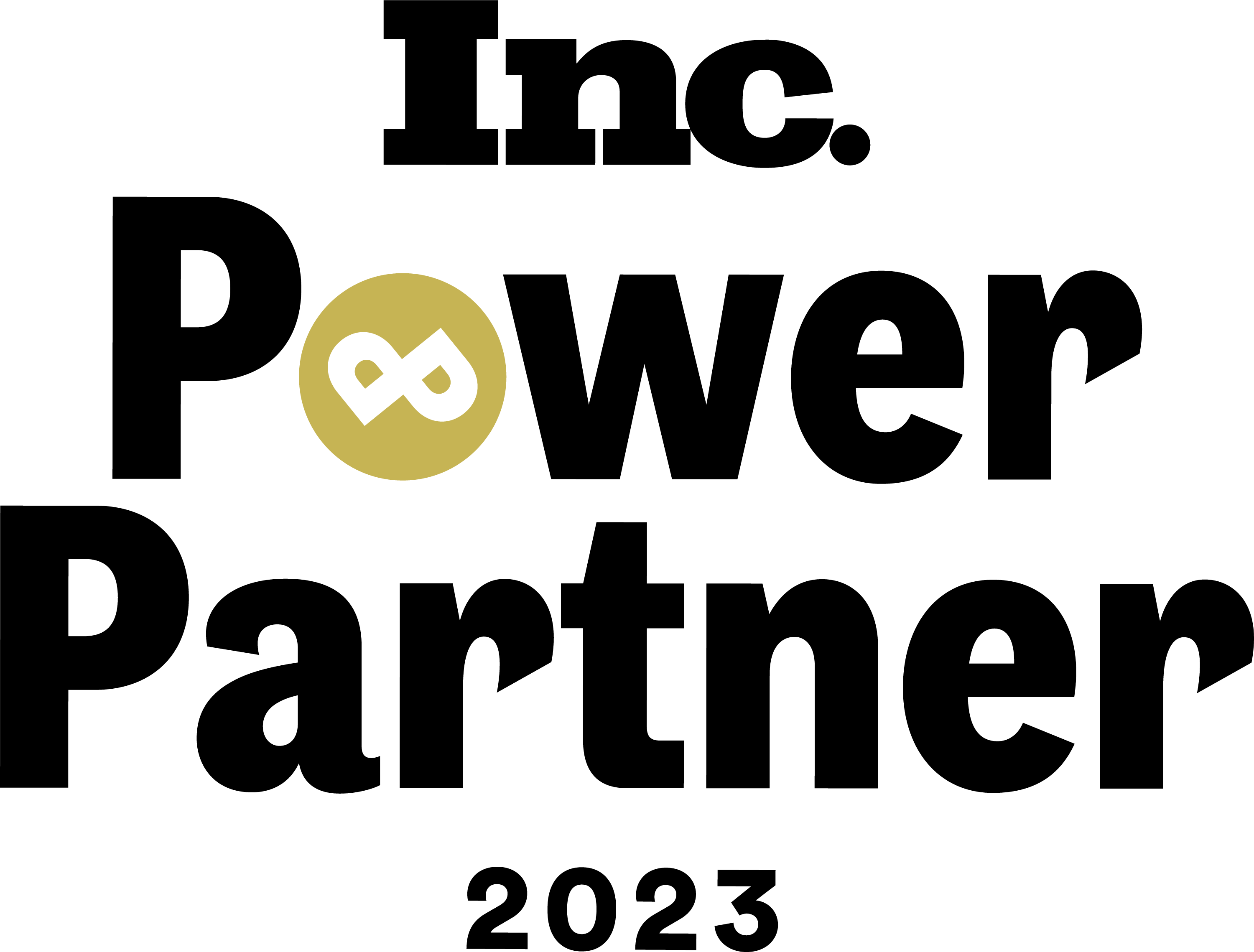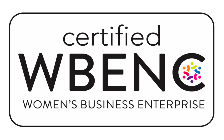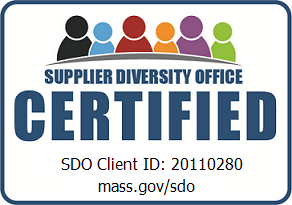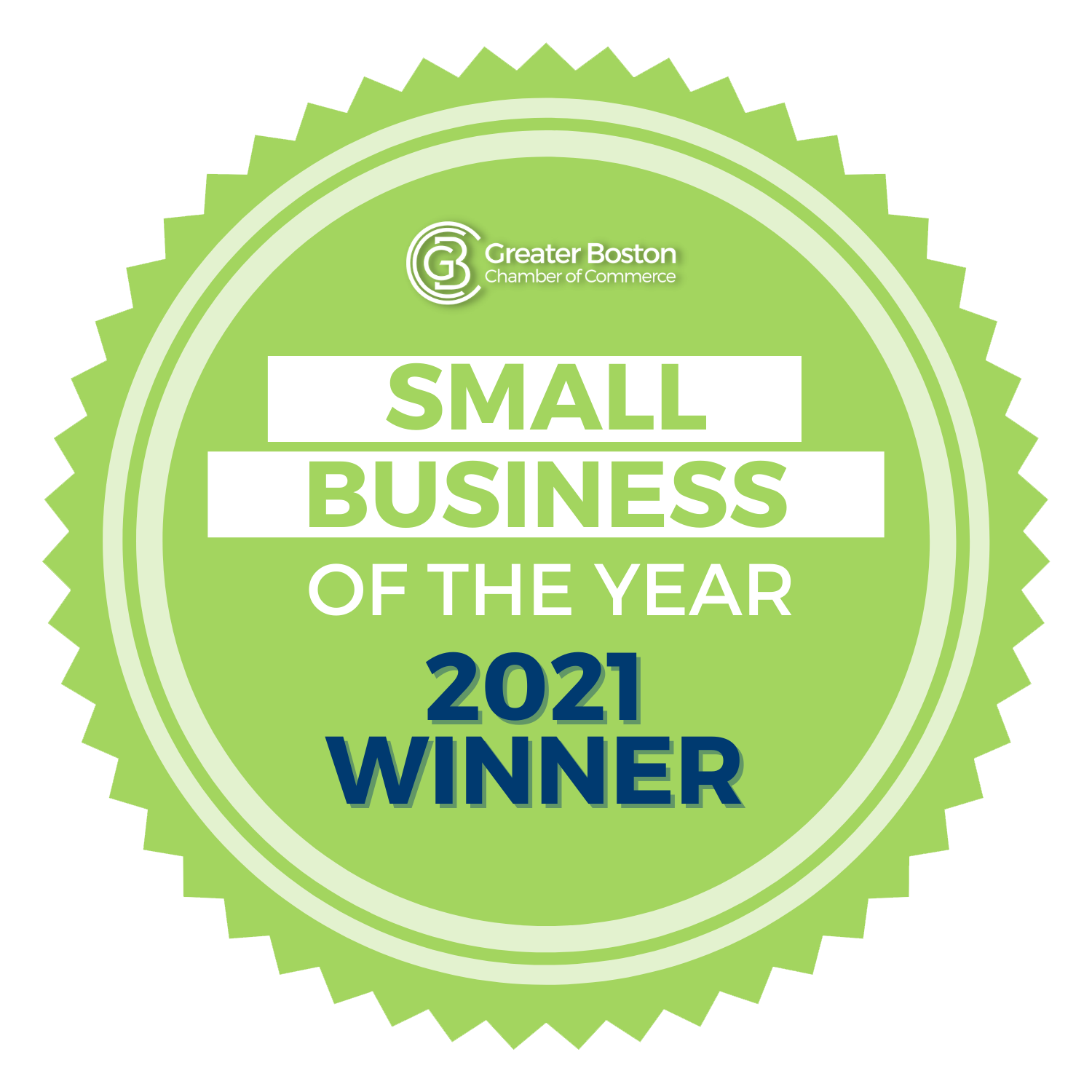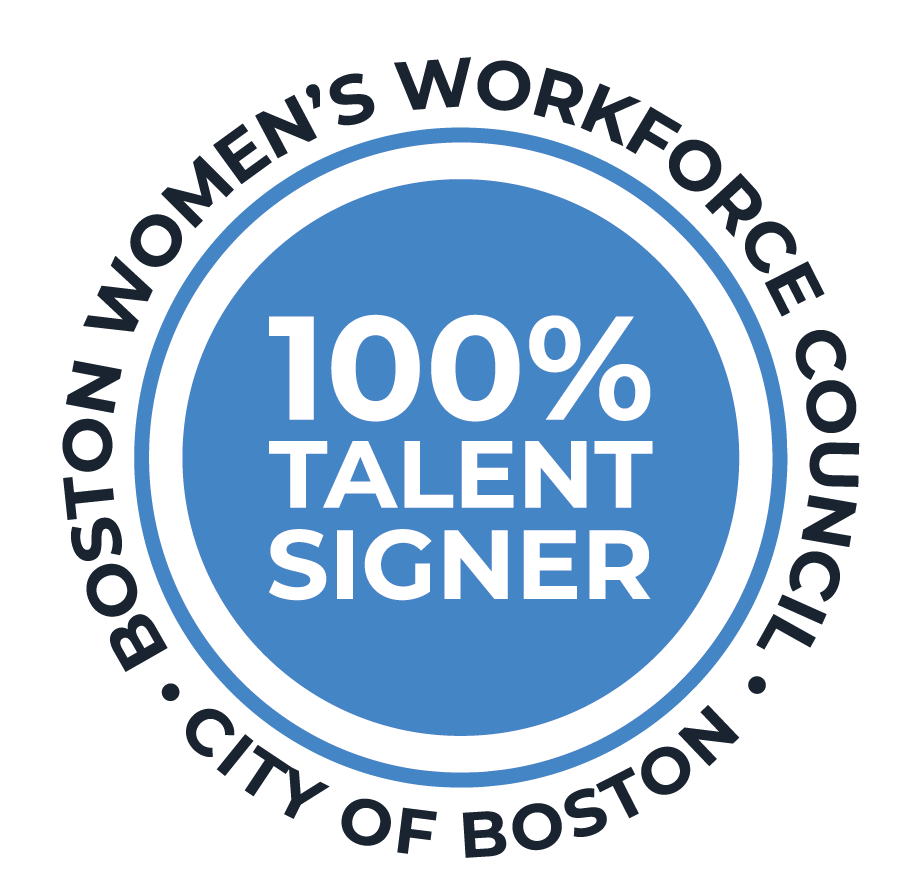Businesses’ marketing strategies for young adults are dramatically shifting, and that’s because today’s young adults are no longer Millennials, they’re Generation Z.
What is Generation Z?
Although the start date for Gen Z is up for debate, demographers and researchers consider anyone born from 1997 onward to be part of Gen Z due to key political, economic, and social factors that define the Millennial generation’s formative years. Since the memory of 9/11 shaped Millennials, a good way to determine if a person is a Gen Zer is whether or not they remember the attacks. If someone does not have a personal memory of that day, he or she is not a Millennial!

Born in June of 1997, I am currently 22 years old and I am the oldest age of Gen Zers. This year, many of my fellow 1997 babies graduated from college and joined the workforce. There are more than 23 million Gen Zers in the United States and in the next few years, the number of us entering the workplace and marketplace will continue to grow. With a buying power of $44 billion alone, $600 billion when taking into consideration the influence we have on our parents’ spending, we are one of the most powerful consumer forces in the market today.
The Gen Z Marketing Challenge
Marketing to Generation Z is very different than marketing to Millennials. My generation grew up with an iPhone in our hands. Our Instagram accounts were made in sixth grade or earlier and we have lived with the benefit of Amazon Prime two-day shipping for longer than we can remember. Millennials are tech-savvy, while Gen Zers are tech innate.
Social Media and Gen Z
Since Gen Z grew up on the internet, we are largely influenced by what we see online. We don’t just view media; we like to create our own content and collaborate with others. Because of this, social media is a tool that all businesses should be utilizing when marketing to our generation.
Roughly 70 percent of Generation Z spends two hours or more on YouTube a day and Gen Z trusts YouTube ads more than any other source. YouTube fanatics can spend up to eight hours a day watching videos. Companies can benefit greatly by having their own YouTube channels or by paying for advertisements on this platform.
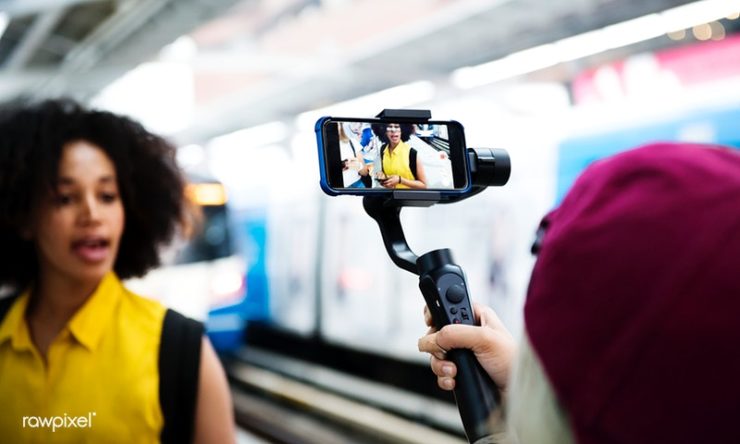
Influencers are also an effective way of reaching Generation Z. Forty-five percent of Gen Z follows more than 10 online influencers, while one in 10 Gen Zers follows more than 50 influencers across their social media accounts. Generation Z wants personalized experiences online, and when our favorite Instagram model or YouTube daily vlogger talks about a product, we are more likely to listen. One of my favorite YouTubers promotes SeatGeek, and I find myself clicking on its website when looking for tickets over resale giants like Ticketmaster or StubHub. Companies that pay for ads from influencers will have better luck reaching Gen Zers than those who do not.
As a generation born and raised in a technologically driven world, brands should be using social media as a way to reach us by actively providing ways to personally connect. For example, we use the convenience of online shopping and enjoy doing so from our phones. Many companies have created apps to make shopping easier and if a business has not done so yet, that’s the next step they should take.
Characteristics of Gen Z

Generation Z seeks meaningful interactions and values authenticity, even with the businesses we buy from. We take pride in having a voice and want to get involved with our favorite brands. In response, many companies have started brand ambassador programs so that Gen Zers can feel like they are personally a part of the company. We like social media more when it allows for intimate connections, and prefer creating fluid dynamic identities for ourselves, rather than selling a surface level personal brand.
A characteristic shared by many Gen Zers is our desire to personally and positively change the world. We are very concerned about the environment and aren’t afraid to speak up. We see ourselves as the generation who will fix issues such as climate change and inequality.
So how does this information help with marketing to my generation?
Knowing what drives Generation Z can help companies shape their own brand and marketing communications efforts to reflect the values of the generation.
To gain Gen Zer’s loyalty, companies should make their brand more personal. One way to do this is by highlighting the entrepreneurs who started the business to give a face to the brand. Brands should focus on ideals of empowerment, creativity and individuality.
All companies marketing to Gen Z should be demonstrating how they are making a positive impact on the world. My generation will turn its back on any business we believe is creating too much waste or harming the environment. Any scandals involving sexual harassment or discrimination will have Gen Zers refusing to purchase a product.
One of the most important aspects of marketing to Generation Z is having a purpose-led brand. Businesses can partner with a nonprofit either by donating their product, a portion of their profits, or their time through volunteering. Explaining how products are made in an ecofriendly way will go far with gaining the loyalty of Gen Z. My generation cares about Corporate Social Responsibility and wants to buy from companies who are working to improve the future of our world.
I am a Gen Zer. I am a digital native. I love to watch YouTube, buy unique clothing items online, and always check to see if my makeup is cruelty-free before I purchase it. At check out, I add the extra dollar to donate to charity. As my generation continues to grow, we will soon become the largest group of consumers in the marketplace. Companies that don’t understand Generation Z and align their marketing strategies to our tendencies and desires do so at their own peril.





